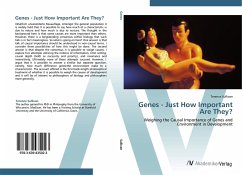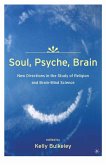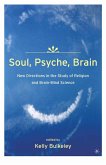Inhaltlich unveränderte Neuauflage. Amongst the general population it is widely held that it is possible to say how much of a characteristic is due to nature and how much is due to nurture. The thought in the background here is that some causes are more important than others. However, there is a longstanding consensus within biology that such talk is in fact meaningless. So what is going on here? One answer is that talk of causal importance should be understood in non-causal terms. I consider three possibilities of how this might be done. The second answer is that despite the consensus it is possible to weigh causes. I explore five attempts utilizing the notions of information, limit setting, causal depth (both as necessity and priority), and invariance and insensitivity. Ultimately none of these attempts succeed. However, I argue that it is possible to answer a similar but separate question, namely, how much difference genes/the environment make to a characteristic. The account offered is the first book-length philosophical treatment of whether it is possible to weigh the causes of development and it will be of interest to philosophers of biology and philosophers more generally.
Hinweis: Dieser Artikel kann nur an eine deutsche Lieferadresse ausgeliefert werden.
Hinweis: Dieser Artikel kann nur an eine deutsche Lieferadresse ausgeliefert werden.








